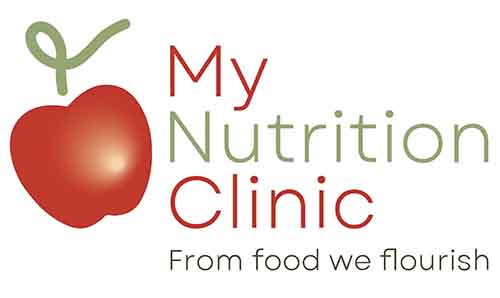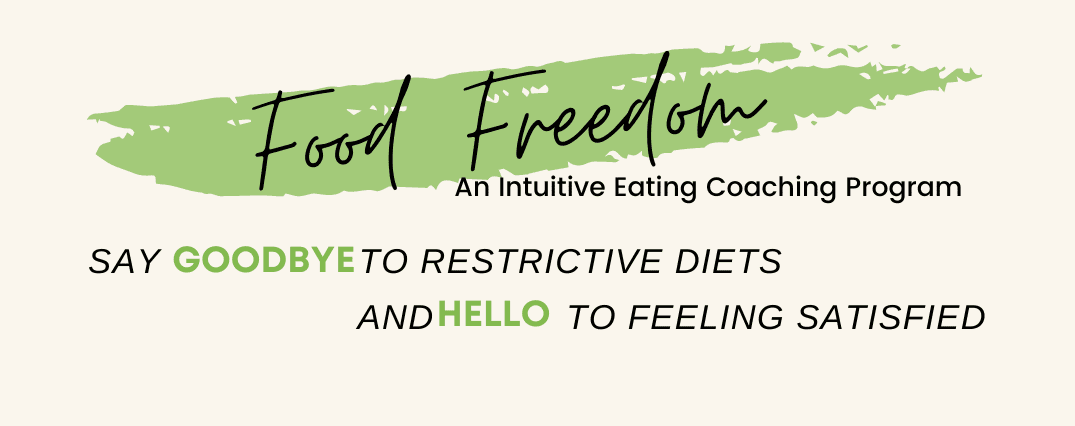Concerns about weight
No More Dieting
Why non-dieting?
When trying to lose weight, people are initially very motivated and typically go fairly “gung-ho” with a food and exercise plan. They initially lose some weight and feel better, but then when the motivation subsides, old habits can creep back in as does the lost weight (often with some interest!)
Sometimes something happens to trigger the sabotage – a busy period at work, an injury or illness, or school holidays for example. Or sometimes the motivation just wanes or disappears completely. But often the sabotage starts long before the triggering event – with a sense of deprivation of food, unsustainable exercise goals or slower than expected weight loss. In fact ‘not losing weight’ is often the main reason people stop a ‘weight management’ programme. So we give up the new healthy habits we only just started because we didn’t see the scales move.
A ‘non-dieting’ approach takes the focus off the number of kgs lost and highlights the many benefits of eating well and getting active – feeling healthier, having more energy and feeling stronger. Keep focused on the gains rather than the losses!Here are some examples of what we mean in practice:
- Eat healthy food because it gives you more energy for longer and balances your mood.
- Enjoy physical activity because of the rush of endorphins and the better sleep you have that night.
- Listen to your body and eat when you are hungry and stop when you are full (and be able to tell the difference).
- Improved blood pressure, blood sugar levels, and physical wellbeing
- Improved mood, self-esteem, and body-image
- Improved eating, physical activity, and a healthier lifestyle.
Our suggestion is that if you have tried lots of ‘diets’ in the past and are looking for something different – this may be the missing part of the puzzle that you have been looking for.So how do you get started? Here are some practical tools to get you off on the right foot.
Intuitive eating: Eat when you are hungry and stop when you are full.
Use this handout if you want to understand if you are eating because of hunger or other reasons (e.g. emotions, boredom). Alternatively use this fun hunger scale to check in with your hunger. 🙂
Give some of these little exercises a go. I haven’t met anyone yet who hasn’t enjoyed the experience! They take about 3-4 minutes and although you won’t be able to eat like this at meal times, it really helps you slow down your eating which helps you eat the right amount for your body.
Mindful eating with a chocolate
Well I hope those exercises are useful and you can utilise them over the coming weeks of celebrations!
If you like the idea of non-dieting, the strengthening of your mind for a healthier you and want more information, have a look at the programme that we are running called Food Freedom. It is a live and online program that supports you to develop intuitive eating skills and a better relationship with food. Click below to see more.

